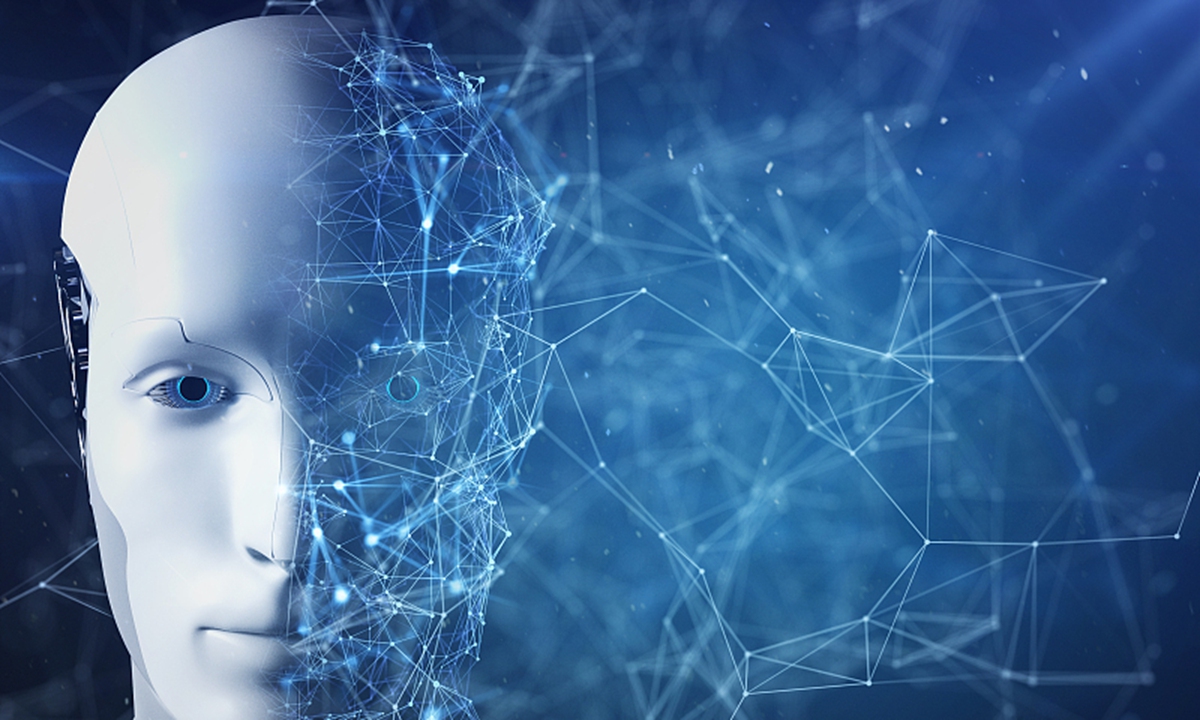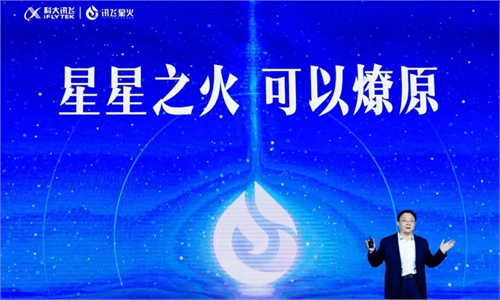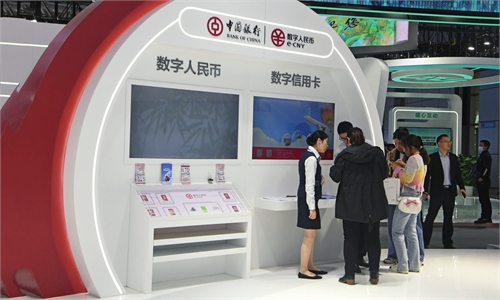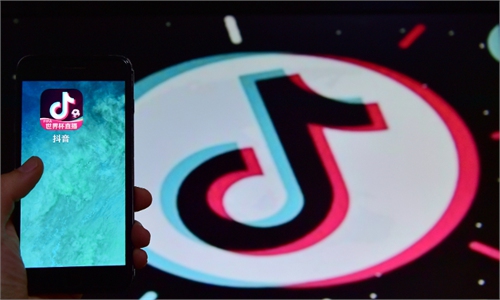China sets up science-tech ethics committee for risk prevention amid global AI craze

Artificial Intelligence Photo: VCG
China's Ministry of Industry and Information and Technology (MIIT) announced on Tuesday the establishment of a committee and expert group for science and technology ethics. Experts noted the move pioneers risk prevention in the field amid rapid development of artificial intelligence (AI) across the globe.
The committee will organize and chair the administration of science and technology ethics and set up an administration supervision mechanism. The committee will be in charge of key research programs, ethical inspection campaigns, ethical education and international cooperation, said the MIIT.
The expert group will be guided by the committee, drawing together senior experts from fields including policy, technology, management, ethics and law. It will provide consultancy for decision-making and professional revision. The headquarters of the expert group will be the China Academy of Information and Communications Technology.
Liu Dingding, a veteran internet industry observer, told the Global Times on Tuesday that the establishment of the committee indicates China is forming a unique administration system for ethical issues in science and technology, and has set an example for other countries in relevant regulation.
China's top authorities unveiled a document for enhancing the regulation of science and technology ethics on March 20, encouraging relevant departments to build a sound administration system for science and technology ethics in order to boost the progress of the country's overall technology level.
"Science fields in multiple countries have appealed to the authorities to conduct regulation of AI because it is difficult to predict the potential and limits of AI, while regulation is still in the early stages," said Liu.
China has pioneered the exploration of regulation and ethics, and the experience can be introduced to other countries because the issue will affect global science and technology progress as well as the development of human society, said Liu.
Chinese social media platforms have started to mark content generated by AI to prevent any possible disputes. Douyin, the Chinese version of TikTok, announced in early May that it would require publishers to clearly mark content generated by AI to help users distinguish between virtual and real items.
Popular Chinese Instagram-like fashion and lifestyle platform Xiaohongshu has also started to label images and posters suspected of being created by AI, and advised users to distinguish between what is real and what is computer-generated.
Aside from the MIIT, China's cyberspace authority issued a content regulation draft for AI on April 11, voicing clear support for innovation, promotion and application in AI algorithms and frameworks. It also called for efforts to ensure fair competition as domestic industry players have been intensively launching related services amid a global frenzy surrounding ChatGPT.
Global Times



